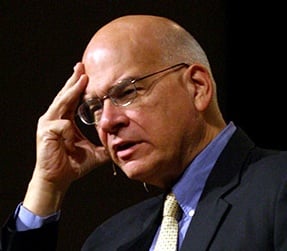 Robin Parry’s major focus, in his book The Evangelical Universalist
Robin Parry’s major focus, in his book The Evangelical Universalist , is a biblical case for universalism, and that means one eventually has to take a good hard look at the Old Testament.
45:20 Gather together and come!
Approach together, you refugees from the nations!
Those who carry wooden idols know nothing,
those who pray to a god that cannot deliver.
45:21 Tell me! Present the evidence!
Let them consult with one another!
Who predicted this in the past?
Who announced it beforehand?
Was it not I, the Lord?
I have no peer, there is no God but me,
a God who vindicates and delivers;
there is none but me.
45:22 Turn to me so you can be delivered,
all you who live in the earth’s remote regions!
For I am God, and I have no peer.
45:23 I solemnly make this oath –
what I say is true and reliable:
‘Surely every knee will bow to me,
every tongue will solemnly affirm;
45:24 they will say about me,
“Yes, the Lord is a powerful deliverer.”‘”
All who are angry at him will cower before him.
45:25 All the descendants of Israel will be vindicated by the Lord
and will boast in him.
Notice v. 23: this is an oath of YHWH, not just a hope that the nations will respond. All will bow and all will confess and all will say “the Lord is my righteousness and my strength” (alternative translation). He sees a kind of universalism at work here. [He has other texts too, but this is probably enough to see the direction. He also states that it was only with development in the belief of resurrection that a full universalism emerges.]

